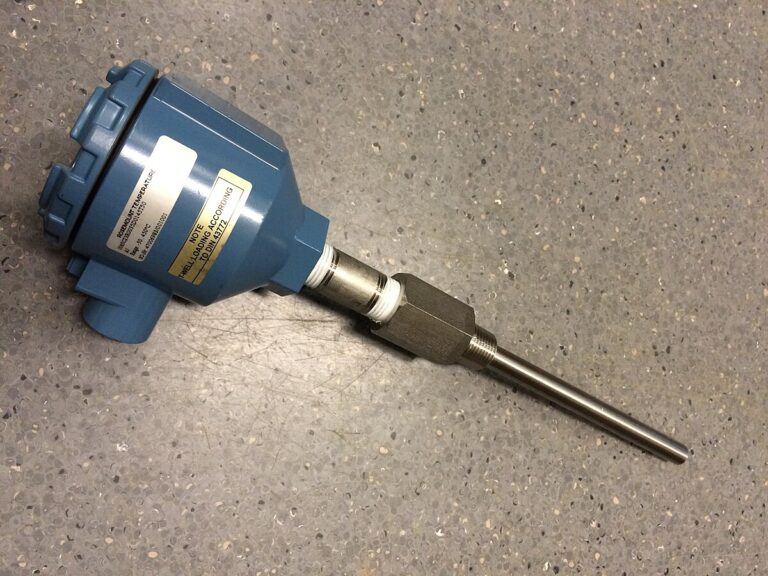In the vast field of life sciences and biotechnology, biological fermentation has always played a crucial role as an ancient yet powerful technology.
Biological fermentation refers to the process of using microorganisms, animals, or plants, under suitable conditions, to convert raw materials into products needed by humans through specific metabolic pathways. In the pharmaceutical industry, biological fermentation technology is widely used to produce biological products such as antibiotics and vaccines.
Modern pharmaceutical companies have increasingly high requirements for instrumentation and automation control levels, which reflect the technological sophistication of a pharmaceutical enterprise. The fermentation process is no exception, especially in terms of flow control. Precise control of various fluids entering and exiting bioreactors is critical for the production quality of biopharmaceuticals, including tasks such as reactor feeding/dosing, fermenter dosing, reactor input, multi-media mixed transport, and high-precision dosing.
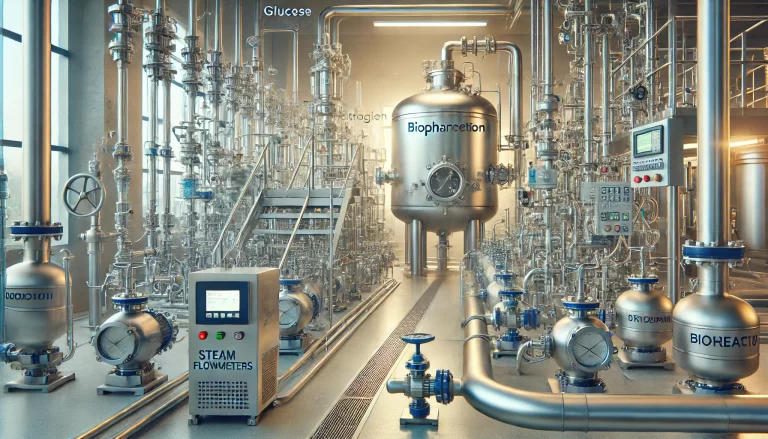
Flowmeter Applications in Biological Fermentation Processes:
Reactor Feeding/Dosing:
The bioreactor is the core equipment in the biological fermentation process, used to control the growth environment and metabolic conditions of the microorganisms. Flow meters are required to precisely control the flow of nutrient solutions in the reactor, ensuring that the microorganisms grow under optimal conditions, thus improving product quality and yield.Gas Supply System:
During the fermentation process, the ratio of gases needs to be precisely adjusted according to different fermentation stages and microorganism requirements. Accurate gas ratio and flow control ensure the stability and reliability of the fermentation process.Fermenter Dosing:
The fermenter is the container used to culture microorganisms during the biological fermentation process. Flow meters are used to precisely control the flow of the culture medium to maintain suitable conditions in the tank, promoting microbial growth and metabolism.
Example: Application in a Domestic Biopharmaceutical Company
In the erythromycin production line of a domestic biopharmaceutical company, glucose solution, nitrogen source solution, culture medium solution, tryptophan solution, and glycerin solution are used as raw materials for the fermentation reaction. During this process, it is necessary to monitor parameters such as temperature, pressure, concentration, flow, flow rate, pH, and liquid level. The typical flow range for these solutions is 30L/h to 3m³/h, with a density of 1kg/m³ and pipe diameters between DN15 and DN20.
Additionally, since biological fermentation often involves foaming, a defoaming agent needs to be added to the reactor in precise quantities.
Customer Requirements:
- Accurately measure the amount of various fluid raw materials added to the pharmaceutical reactor to ensure dosing accuracy.
- Real-time control of continuous flow.
- Stable instrument performance that meets hygienic cleanliness requirements.
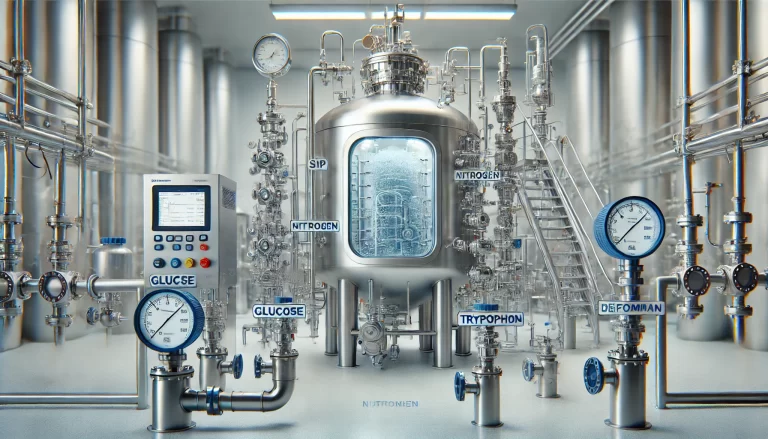
Customer Requirements:
- Accurately measure the amount of various fluid raw materials added to the pharmaceutical reactor to ensure dosing accuracy.
- Real-time control of continuous flow.
- Stable instrument performance that meets hygienic cleanliness requirements.
Customer Feedback:
The instrument selection matched the pipeline design, and since being put into operation, it has ensured accurate metering and efficient control of injected raw materials. This has helped the company enhance the stability and reliability of the biological fermentation process, improving product quality and yield. Additionally, the flowmeter design is easy to maintain, with a compact structure and simple operation, making daily maintenance and upkeep more convenient and reducing operational costs.
Product Characteristics:
Mass Flowmeter:
- Available in various materials such as 304/316L, suitable for food, pharmaceutical, and other high-cleanliness applications.
- High accuracy, typically 0.10 or 0.15 level.
- Can directly measure the mass flow of fluids in closed pipelines and can be used as a high-precision online densitometer.
- Integrated or split installation structure saves installation costs.
- Wide measurement range covering flow rates from 0.035t/h to 40.5t/h.
- Multiple standard flange connection methods available.
- High stability, with no need for frequent calibration or removal.
- No need for straight pipe segments or special installation requirements, reducing pressure loss and energy waste.
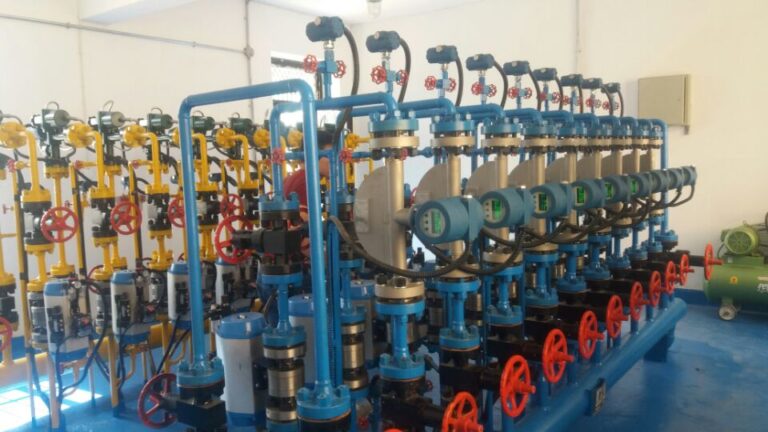
Sanitary Electromagnetic Flowmeter:
- Suitable for standard sanitary-grade applications.
- High accuracy, up to 0.2 level.
- Excellent repeatability, with a maximum of 0.03%.
- Wide diameter range, covering DN4 to DN2000.
- Almost no pressure loss and no flow obstruction components.
- Corrosion-resistant, suitable for measuring most conductive corrosive liquids.
- Multiple signal output options, including quantity, frequency, current, RS485 communication interface, and optional GPRS, NB, 4G wireless communication.
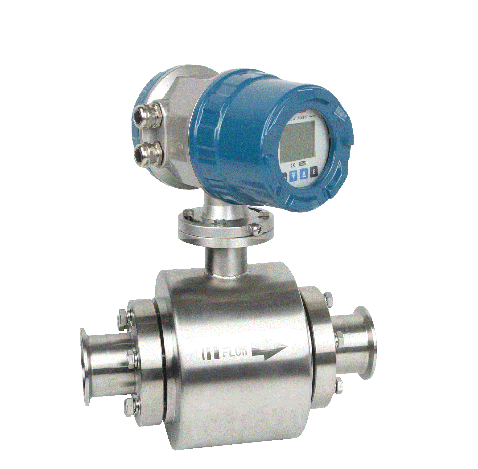
Temperature Transmitter:
- Simple assembly structure, easy to replace.
- Spring-loaded temperature-sensing element, good vibration resistance.
- Large measurement range with high accuracy.
- High mechanical strength and excellent pressure resistance.
- Short response time.
